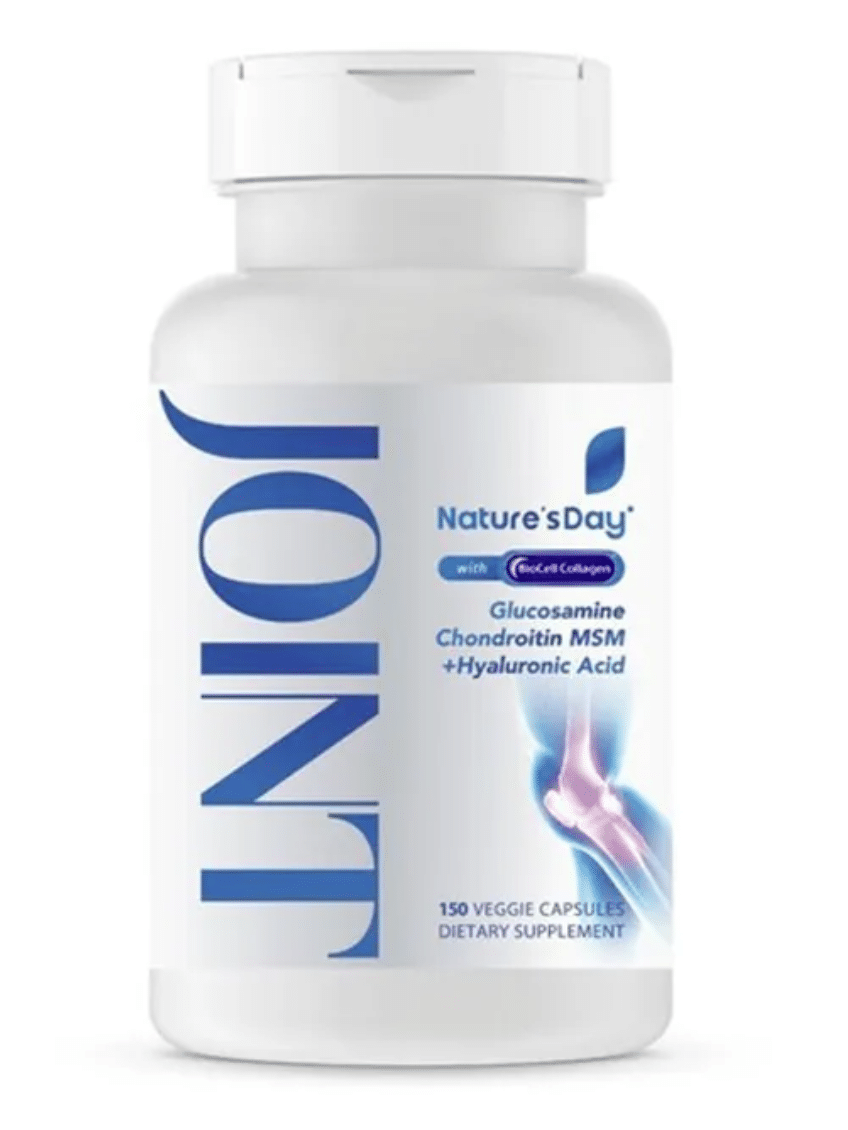Trademark Infringement and Exports after Abitron
August 28, 2025

Two years ago, in Abitron Austria GmbH v. Hetronic International, Inc. (2023), the Supreme Court applied the presumption against extraterritoriality to the federal trademark statute (the Lanham Act), holding that the Act applies only to domestic conduct. Abitron involved imports. Products bearing an infringing trademark were made abroad, some of which were sold, directly or indirectly, into the United States. On remand, the Tenth Circuit held that that the Lanham Act applied only to direct imports.
But what if the facts are reversed—what if the products are made in the United States and exported abroad? In Doctor’s Best, Inc. v. Nature’s Way Products, LLC (2025), the Ninth Circuit held that the trademark statute does not apply to exports. Although manufacturing and transporting the products here was certainly domestic conduct, the court concluded that the statute was inapplicable because there was no risk of consumer confusion in the United States.
“Nature’s Way” Versus “Nature’s Day”
Nature’s Way Products has sold nutritional supplements in the United States under the “Nature’s Way” trademark since 1969. Doctor’s Best, another nutritional supplements company, recently launched a line of “Nature’s Day” products. Although the products are made in the United States and labelled in English, they are sold exclusively to customers in China, South Korea, and Taiwan.
In 2022, Doctor’s Best applied to register the “Nature’s Day” trademark with the U.S. Patent and Trademark Office. When Nature’s Way found out, it sent a cease-and-desist letter. Doctor’s Best brought suit for a declaratory judgment in U.S. District Court for the Central District of California. Nature’s Way counterclaimed for trademark infringement.
The Lanham Act prohibits the use in commerce of a registered trademark, without the consent of the registrant, when such use is likely to cause consumer confusion. (There is a similar provision for unregistered marks.)
In Abitron, the defendants made products with infringing trademarks in Europe. Some of the products were sold directly into the United States, some were sold abroad and incorporated in other products that were sold into the United States, and some were sold abroad and stayed abroad. A narrowly divided Supreme Court held that consumer confusion in the United States was not enough for the Lanham Act to apply. There had to be domestic conduct too, specifically use of the infringing trademark in domestic commerce. As I wrote then, Abitron resurrected the old, conduct-based presumption against extraterritoriality that the Supreme Court had seemed to abandon in Morrison v. National Australia Bank (2010).
The Ninth Circuit’s Decision
Writing for the panel, Judge Richard Paez affirmed the district court’s decision granting summary judgment to Doctor’s Best because no reasonable jury could find that trademark infringement had occurred based on the undisputed facts. Clearly, this case involved domestic conduct. But there was no likelihood of consumer confusion because the parties did not sell their products in the same markets.
Nature’s Way argued that Doctor’s Best’s domestic conduct—specifically, its use of the trademark in commerce when transporting the products—was sufficient under Abitron for the Lanham Act to apply. But the Ninth Circuit disagreed. The majority in Abitron “held that a domestic likelihood of confusion alone could not be the basis for a trademark infringement claim,” Judge Paez noted. Domestic use of the trademark was also required. “But this [holding] does not,” he continued, “give rise to the inference that confusion anywhere in the world will do, or that a likelihood of confusion among U.S. consumers is irrelevant or not required.” In other words, domestic use and consumer confusion must be shown.
In this case, the court noted, “[t]here is no evidence that Nature’s Way and Nature’s Day products are marketed or sold in overlapping marketing channels. NWP markets and sells Nature’s Way products in all fifty states, but DB does not sell Nature’s Day products to consumers on U.S. soil or through U.S. e-commerce platforms.” “Regardless of how easily confusable the products and marks are,” Judge Paez continued, “no reasonable jury could find a likelihood of consumer confusion because DB’s Nature’s Day products do not reach consumers domestically.”
It is not entirely clear from the panel opinion whether it was the lack of overlapping markets anywhere that made the difference or just the lack of overlapping markets inside the United States. If Nature’s Way had, in fact, sold its products abroad in China, South Korea, and Taiwan, would the Lanham Act have applied? Judge Sandra Ikuta wrote separately to address this point.
Abitron explained that consumer confusion is a “necessary characteristic of an offending use.” For a Lanham Act claim to be actionable, the offending use must occur domestically. Because the offending use must be domestic, it follows that the consumer confusion resulting from this use likewise must be domestic. That is, the Lanham Act only applies where there is a domestic use in commerce that would cause a domestic likelihood of confusion. Accordingly, the possibility of consumer confusion based on marketing or sales abroad is irrelevant to this case.
Conclusion
Congress passed the Lanham Act to protect consumers from marketing practices that make it difficult to distinguish between products. Given the presumption against extraterritoriality, it makes sense to assume that Congress intended to protect consumers living in the United States. On this understanding, Doctor’s Best is correctly decided. If Congress wants to protect U.S. trademark owners against unfair competition in foreign markets, it can certainly amend the Lanham Act to do so.
My quarrel is not with the Ninth Circuit’s decision in this case but rather with the Supreme Court’s decision in Abitron. By imposing a domestic conduct requirement on top of a requirement of domestic consumer confusion, the Abitron Court excluded a set of trademark cases that Congress seemingly wanted to reach—cases in which foreign conduct leads to domestic confusion. Indeed, the conduct-based presumption that Abitron adopted threatens to undermine congressional intent whenever Congress was focused, as it was with the Lanham Act, on something other than conduct.